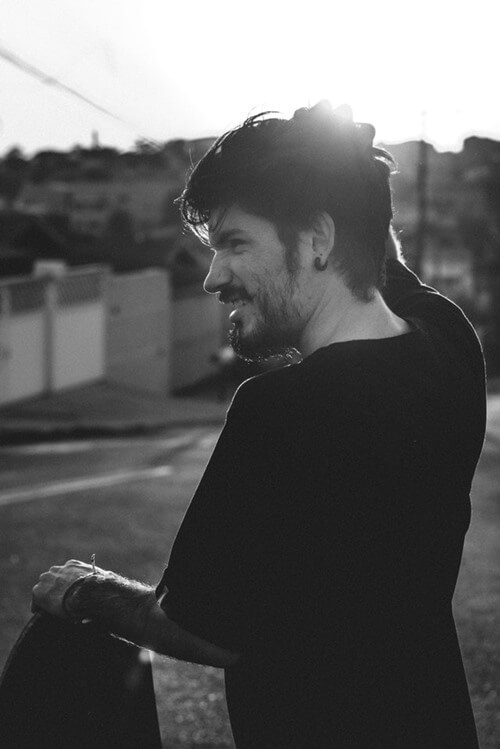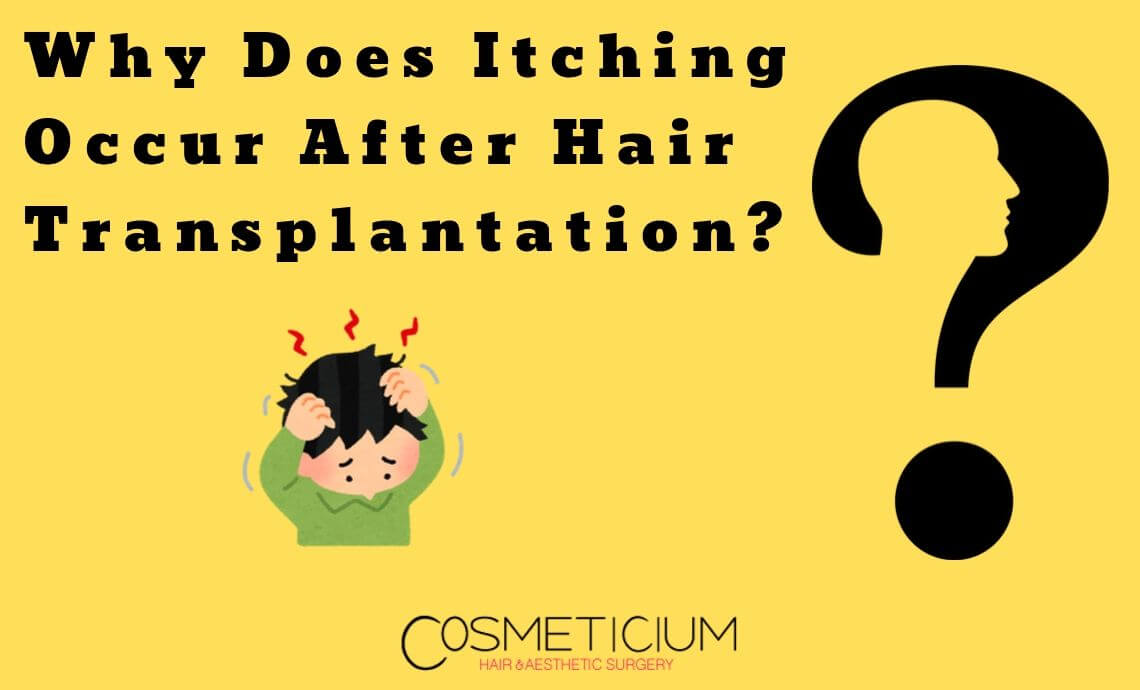Get your prior outlook back thanks to hair transplantation will make you more than happy. But at the very beginning of this process, that is, after having hair transplantation, itching may occur on your scalp. Is itchy normal after hair transplantation? In our article, you can find all details about the main causes of itching after hair transplantation and how to overcome this.
Table of Contents
Causes of Itching After Hair Transplantation
There are different methods used in hair transplantation, all of which have a process of collecting hair follicles from the donor area. Nowadays, hair follicles or grafts -in another term- are collected individually and hair transplantation is done one by one in the FUE and DHI methods which are applied intensively. Itching may occur both in the donor and hair transplantation areas. This is completely normal and you don’t have to worry. The main cause of itching after hair transplantation is the healing process of your scalp. But it should be remembered that this may have different reasons. Cases that result in itching and brief explanations about them are as follows:
Scabbing
The collection of grafts one by one creates very small holes in the donor area. Although these holes are small, they are a wound to the body. In these wounds, first the clot begins to form and these clots soon scabs. In this process, called scabbing, it is not possible for the scalp to breathe. This condition causes itching. This is the main reason for itching after hair transplantation. Scabbing is usually seen in the donor area, but rarely in the transplanted area, depending on the technique used.
Growth
After a while, hair follicles begin to move and new hair starts to grow. They may itch during this subcutaneous event. Itching, commonly seen in the hair transplantation area, can also be seen in the donor area as described in the previous section. The hair taken from this area causes itching.
You May Also Like: Procedures to Be Performed at the Clinic After Hair Transplantation
Allergies
There is a hair care process that should be followed after hair transplantation. This process should be followed carefully and the products recommended by the doctor should be used. However, some patients start to care just as they wish without obeying the recommendations immediately after hair transplantation. Some products used here may prevent the hair from breathing and this may cause itching or a different allergic state. Allergic itching is not seen in everyone. For this reason, it can be said that the scalp is also significantly reddened when itching occurs after hair transplantation.
Infection
As mentioned above, small holes are formed in the area where the hair follicles are taken and they are open wounds. In order for these wounds to heal completely, patients need special attention to hygiene and cleanliness. If patients do not pay attention to cleanliness during this process, infection may occur on the wounds. It should be known that in case of infection, itching after hair transplantation will be more severe and last longer.

How Long Does Itching Last After Hair Transplant?
Itching after hair transplantation is quite normal. Itching usually begins to appear 4-7 days after hair transplantation. In this period, the wounds scab and then the healing process begins. The scalp may be itchy due to scabbing until it is fully healed. This period takes approximately 3-4 weeks.
Itching caused by hair growth is usually seen 1 month after hair transplantation. The itching caused by this reason lasts for about 1 month and after the hair comes out of the scalp, it goes away spontaneously.
It is not right to give a clear period about how long the itch caused by allergy and infection will last. The main point here is to treat allergy or infection to relieve the itch. This differs according to the condition of the patients.
You May Also Like: Why Do Competitive Countries Make Negative Comments About Turkey?
How Does Itching Stop After Hair Transplantation?
Here again, itching after hair transplantation is normal. This itching may increase its severity in some certain periods. But you certainly should not scratch your scalp. This warning applies to both the donor area and the transplanted area. When you scratch your scalp, it may bleed and infection may occur. When you scratch the transplanted area, you can damage the roots of the hair transplanted. So do not attempt to scratch! Follow the advice of your doctor.
Using Saline Water Spray
One of the most important reasons for the itching of your scalp is that you cannot wash your hair. The main purpose of this spray given by your doctor during this period is to feed your hair. However, the saline water spray also has the ability to remove debris from the scalp. This will result in a significant reduction in the itching of your hair.
Using Anti Histamine
Histamines play an active role in the healing process of the scalp, and the higher the proportion, the more severe itching will be. When the itching becomes unbearable, even when you are out of your sleep, you can use anti-histamine based on doctor’s advice. Thanks to anti-histamine you can sleep more comfortably at night. It is possible to find drugs with this feature in a local pharmacy. There are two different anti-histamines recommended by experts. The first is cetirizine. It is effective for 24 hours and does not cause any drowsiness. The other one is chlorphenamine. Its effect is shorter but it has a sleeping effect. It is important to use this medicine at bedtime, which is effective both in reducing your itching and in sleeping. Keep in mind that you should not take chlorphenamine, especially when driving.
Shampoo
If you are allowed to wash your hair by your doctor and your scalp is still scratching, you can use specially developed medicated shampoos. But you should decide not to use it by yourself; your doctor should advice it. Shampoos which are more powerful and available in pharmacies cannot be taken without a prescription. These shampoos both nourish your hair and eliminate the elements that cause itching.
Solutions for the Scalp
In cases of severe itching, you can use solutions containing steroids. When you use this solution for 7 days, it is possible to clean the scalp and remove the inflammation there.
You May Also Like: 10 Great Hair Transplantation Examples with Before & After Photos
CONCLUSION
These are the general methods to be used to eliminate the itching after hair transplantation. The most important thing to note here is that you should not use these methods without doctor’s advice. Because not all methods are suitable for everyone. In such cases, the method used may even cause more harm than good.
Hair transplantation is a serious process and the period after this process is very important. Particularly in the first 3 months, care should be taken and no application should be applied to the hair without consulting a doctor. If you take these recommendations about itching after hair transplantation, the success rate obtained from hair transplantation will increase. Thus, you will be able to regain your hair without any problems.

